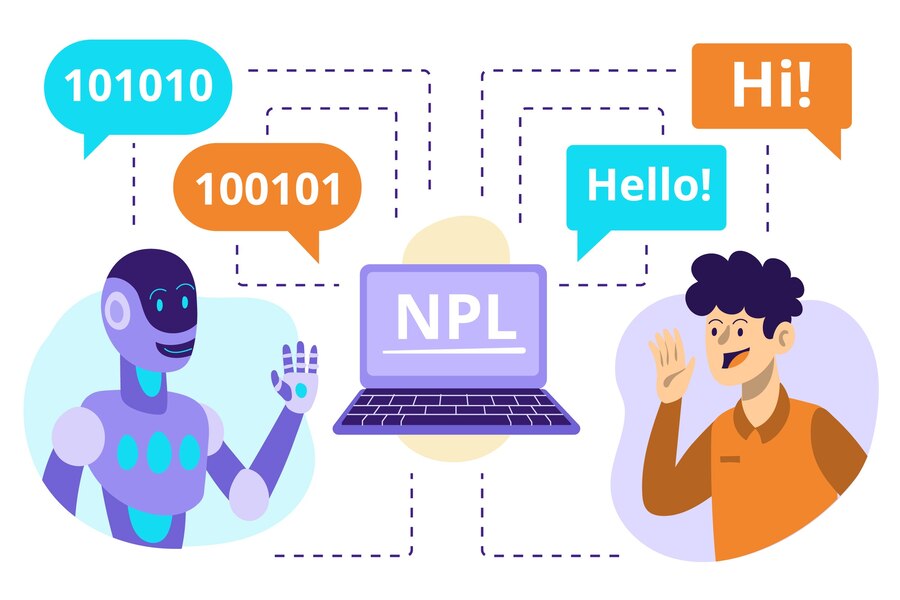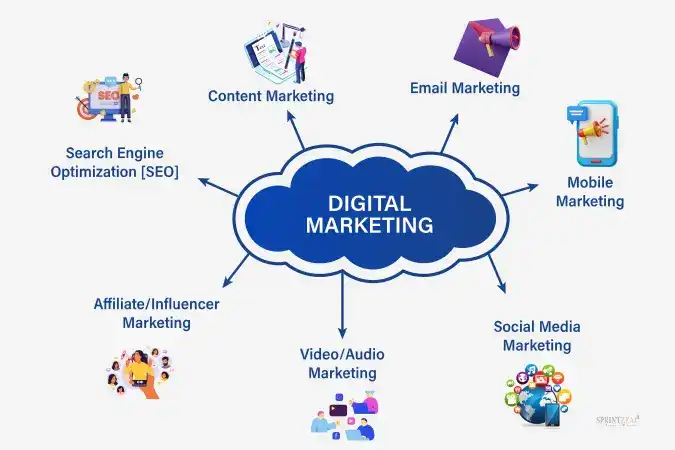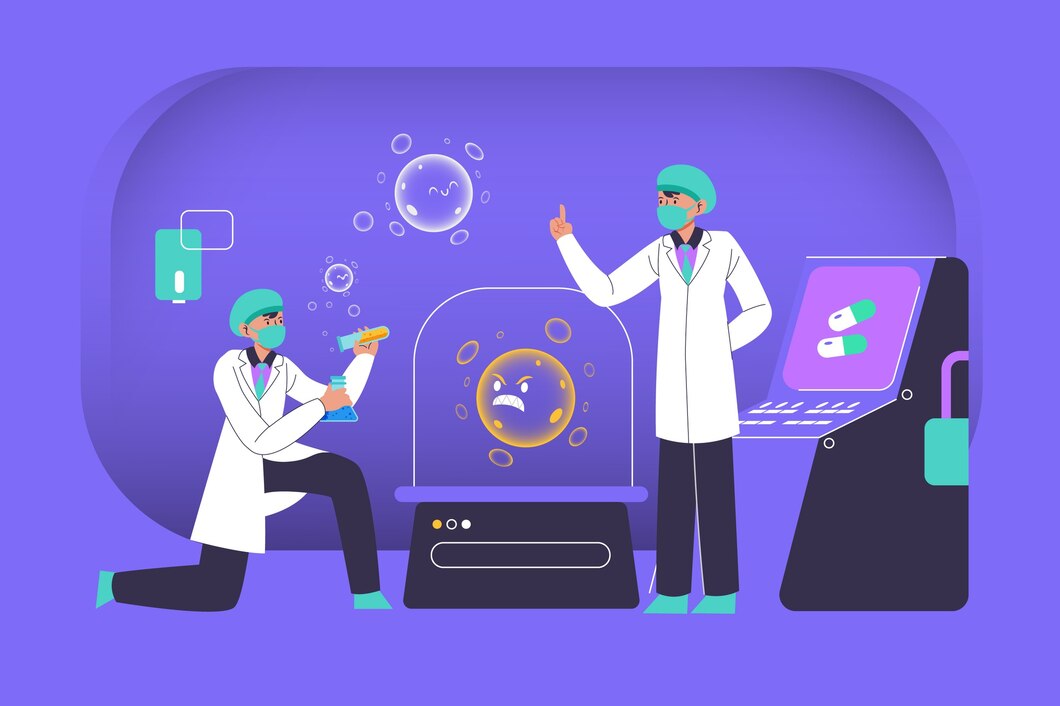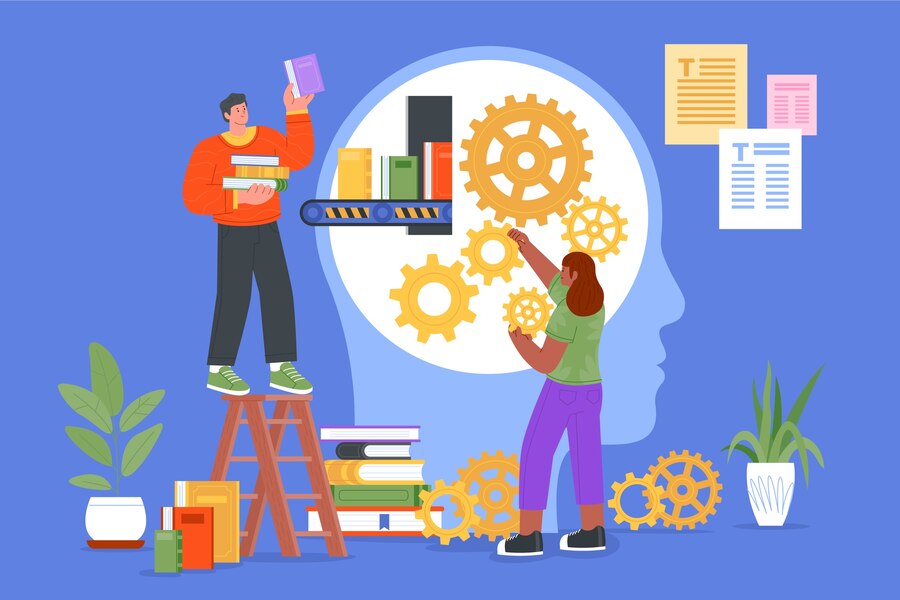The Ultimate Guide to Natural Language Processing
Mia Anderson

Photo: The Ultimate Guide to Natural Language Processing
Natural Language Processing (NLP) is an extraordinary field that sits at the intersection of artificial intelligence, linguistics, and computer science. It is the study of how computers can be used to understand, interpret, and generate human language. With the rapid advancements in technology, NLP is becoming increasingly integral to our daily lives, from virtual assistants like Siri and Cortana to sophisticated chatbots that power customer service inquiries. This tutorial aims to provide a comprehensive guide to NLP, offering valuable insights for beginners and enthusiasts alike, while also exploring its ethical implications and future prospects.
What is Natural Language Processing?
NLP is a branch of artificial intelligence that focuses on the interaction between computers and human language. It involves the development of algorithms, models, and tools that enable machines to interpret and understand the nuances of natural language, including its syntax, semantics, and context.
At its core, NLP is about translating the complexity of human language into a format that computers can process and respond to. This involves various tasks such as text and speech recognition, understanding sentiment and context, extracting meaningful information, and generating coherent responses.
The History and Evolution of NLP
The concept of NLP is not new, and its roots can be traced back to the 1950s when researchers first began experimenting with machine translation. However, it was in the 1960s that the field truly began to take shape with the development of early chatbots like ELIZA, which used pattern matching and simple rules to simulate human conversation.
Over the years, NLP has evolved significantly, benefiting from advancements in machine learning and deep learning techniques. These technologies have enabled computers to learn from vast amounts of data, improving their ability to understand and generate language. As a result, we now have virtual assistants that can understand and respond to our queries, language translation services that provide near-instant and accurate translations, and sophisticated chatbots that are becoming increasingly human-like in their interactions.
The Building Blocks of NLP
There are several key components that form the foundation of NLP:
- Text and Speech Recognition: This involves converting spoken language into written text, often using speech-to-text technologies, enabling machines to understand and interpret human speech.
- Natural Language Understanding (NLU): NLU focuses on the machine's ability to comprehend the meaning and context of human language. This includes tasks such as sentiment analysis (understanding emotions), named entity recognition (identifying important entities like people, places, and organizations), and topic classification.
- Natural Language Generation (NLG): NLG is the process of generating human-like text from structured data. This is what powers chatbots and virtual assistants to provide coherent and contextually appropriate responses.
- Machine Translation: Machine translation involves the automatic translation of text or speech from one language to another. Services like Google Translate are prime examples of how far this technology has come, offering near-instant translations that are continually improving in accuracy.
- Language Modeling: Language models are statistical models that predict the probability of a particular sequence of words occurring in a sentence. These models help machines understand the context and relationships between words, improving their ability to interpret and generate language.
Practical Applications of NLP
NLP has a wide range of real-world applications that are transforming industries and society at large:
- Chatbots and Virtual Assistants: NLP powers chatbots and virtual assistants, enabling them to understand and respond to customer inquiries, provide product recommendations, and perform tasks like booking appointments or making purchases.
- Language Translation: Services like Google Translate and DeepL have revolutionized how we communicate across languages, breaking down barriers and improving accessibility to information and services worldwide.
- Sentiment Analysis: Businesses use sentiment analysis to gain insights from customer reviews and social media posts, helping them improve products and services, and identify potential issues.
- Information Extraction: NLP techniques can extract relevant information from vast amounts of text, such as news articles or scientific papers, making it easier to find specific data or identify key trends and topics.
- Text Summarization: NLP can generate concise summaries of lengthy texts, helping users quickly grasp the main ideas of a document, saving time and improving information retention.
Ethical Considerations and the Future of NLP
As with any powerful technology, NLP carries ethical implications that cannot be ignored. One of the most prominent concerns is privacy and data protection, especially with the large language models trained on massive amounts of text data, which may include sensitive or personal information.
Another critical issue is bias and fairness. NLP models can inadvertently inherit biases present in the training data, leading to discriminatory outcomes in areas like hiring or loan approvals. Additionally, the environmental impact of training large language models is significant, and the carbon footprint of these models is a growing area of concern.
Looking to the future, NLP is expected to become even more sophisticated, with improved accuracy and broader applications. There is also a growing focus on explainable AI, ensuring that NLP models can provide transparent and understandable justifications for their decisions and predictions.
Getting Started with NLP: A Practical Tutorial
For those eager to dive into the world of NLP, there are several practical steps and tools to get you started:
- Choose a Programming Language: Python is a popular choice due to its extensive libraries and frameworks specifically designed for NLP, such as NLTK, SpaCy, and TensorFlow.
- Explore NLP Libraries: Familiarize yourself with the powerful tools offered by NLP libraries, including tokenization, part-of-speech tagging, named entity recognition, and sentiment analysis.
- Work with Datasets: Practice with publicly available datasets like the IMDB movie reviews dataset for sentiment analysis or the Brown Corpus for language modeling.
- Build a Simple Chatbot: Start with a basic rule-based chatbot that uses keywords and patterns to generate responses, and then progress to more advanced models that utilize machine learning.
- Online Courses and Tutorials: Take advantage of the numerous free and paid online resources, including courses from Coursera, Udemy, and YouTube tutorials, to deepen your understanding and explore specific aspects of NLP further.
Conclusion
Natural Language Processing is an incredibly powerful and dynamic field that is shaping the future of human-machine interaction. With its ability to interpret and generate human language, NLP is revolutionizing how we communicate with technology, making it more intuitive and accessible.
This tutorial has provided an in-depth guide to NLP, covering its history, applications, and ethical considerations, while also offering practical steps for beginners to get started. As NLP continues to evolve, it will undoubtedly play an even more significant role in our daily lives, and understanding its potential and pitfalls is essential for developers, researchers, and users alike.
Marketing
View All
January 19, 2025
How to Master Digital Marketing BasicsLearn the essentials of digital marketing in this beginner-friendly guide. Kickstart your journey with step-by-step strategies. Start mastering today!
Mia Anderson

January 18, 2025
Top 10 Digital Marketing Trends for 2024Discover the must-know digital marketing trends for 2024. Stay ahead of the curve and elevate your strategies with these insights! Read more now!
Mia Anderson

January 27, 2025
PPC vs SEO: Digital Marketing ShowdownDiscover the differences between PPC and SEO in digital marketing. Find out which strategy is right for your goals and budget. Make an informed choice today!
Mia Anderson
Entertainment
View AllDiscover the ultimate guide to cosplay for beginners. Learn key tips, tricks, and trends to start your cosplay journey with confidence. Read now for expert advice!
Mia Anderson
Unlock the secrets of modern screenwriting with our expert tips and techniques. Start crafting compelling scripts today click to learn how!
Mia Anderson
Unlock the secrets to an unforgettable movie trivia night with our ultimate guide. Get tips, trivia questions, and game ideas to boost your event's fun!
Mia Anderson
Uncover how rap influences film storytelling and style. Dive into the transformative impact of rap on movies and see why this matters. Click to explore!
Mia Anderson
Automotive
View AllDiscover the rapid growth of EV adoption worldwide. Learn key stats, trends, and how it’s shaping the future of mobility.
Read MoreLearn how fast-charging networks are revolutionizing EV adoption by enhancing convenience and reducing charging times.
Read MoreDominate the auto market with these Dealer Daily tips. Learn strategies to increase efficiency and outshine competitors!
Read MorePolular🔥
View All
1
2
4
5
6
7
9
10
News
View AllAugust 13, 2024
The Ultimate Guide to Google Advertising: Secrets to Skyrocket Your Success
Read MoreTechnology
View All
November 8, 2024
Top 10 Must-Have Gadgets for 2024
Explore the top 10 must-have gadgets of 2024! From cutting-edge tech to everyday essentials, upgrade your gear now. Don’t miss out!

August 29, 2024
Discover How Digital Transformation Services Can Revolutionize Your Business
Discover how digital transformation services can revolutionize your business. Explore top solutions to drive growth and efficiency. Read more now!

December 16, 2024
Is This the Smart TV You’ve Been Waiting For? Top Features Revealed!
Discover the ultimate Smart TV with must-have features! Click to learn why it's the perfect choice and upgrade your viewing experience.
Tips & Trick






















